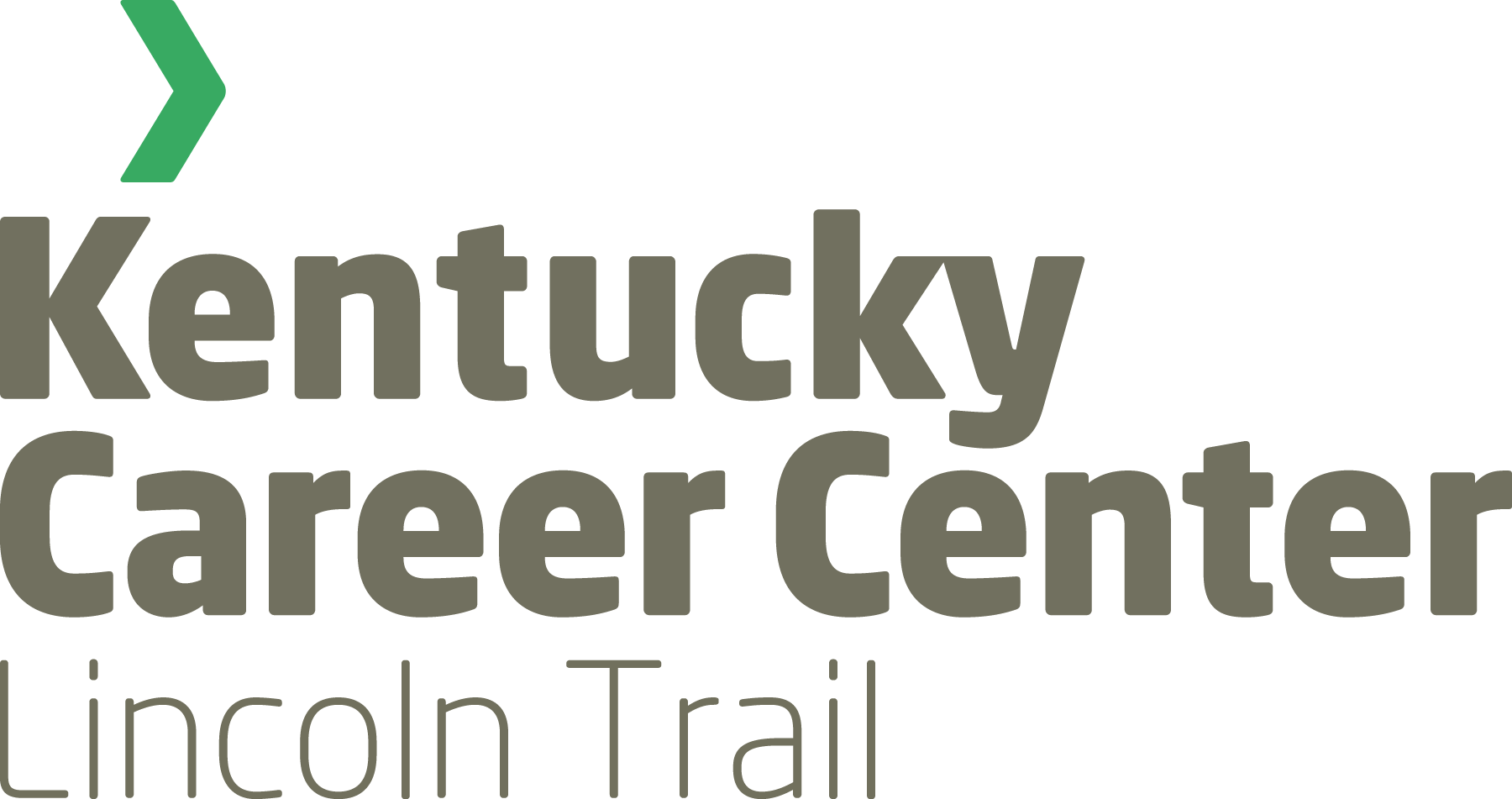Find the benefits of a multi-generational workforce
Our current workplace culture includes more generations working together than ever before. For the first time in history we have four generations in the workplace at one time – Traditionalists, Baby Boomers, Gen X and Millennials. Such a diverse group of people working together can create challenges for workplace culture, but this also provides an opportunity for employees to learn and grow as a team.
It is an employer’s responsibility to help facilitate relationships between multi-generational employees. To do this, they first must be aware of this dynamic and take time to learn what advantages and possible challenges can arise in dealing with a wide range of attitudes and ideals.
Generational work styles are shaped not only by significant personal figures such as parents and grandparents, but also by outside influences such as major world events. Traditionalists, those born before 1945, were influenced by World War II and the Great Depression, and because of this are open to hierarchy, duty and loyalty. Gen X employees are described as fiercely independent, possibly because of an increase in latchkey instances and single parent households, and prefer to work on their own terms.
These examples are not always set in stone, however. Generational designations give us clues on how to communicate and build relationships with employees and coworkers, but they shouldn’t encourage blanket stereotypes. Employees can have preconceived notions about the working style of coworkers based on what generation they belong to, but having an unbending attitude creates unnecessary drama and conflict. It’s important not to see a character flaw, such as immaturity or extreme stubbornness, as a generational trait.
If employers make an effort to facilitate cross-generational training, an open environment can be created that encourages employees to interact with each other who might not otherwise. Generational diversity training is very similar to any diversity training in that it focuses on appreciating what makes us different and using it to strengthen the team.
Each generation possesses specific skill sets and perspectives that should be acknowledged, respected and treated as strengths. Someone from an older generation who has been in the workforce for many years most likely will have more experience and wisdom, and someone younger can offer a fresh prospective that may not have been considered.
Employers have a responsibility to lead open and candid conversations about generational issues that arise in the workplace. Creating a safe, friendly space to share experiences and viewpoints helps employees open lines of communication, which creates a stronger work culture.
Employers also need to be creative, and understand that employees respond differently to specific incentive programs, work schedules and feedback methods. This may be a generational divide, or a personality issue, but it’s imperative that employers are aware and flexible enough to make everyone feel valued as part of a team.
Understanding generational differences makes teams stronger, and doing so is a necessity for employers, especially as they rely on every generation to meet their talent demands as more and more Traditionalists and Baby Boomers leave the workforce. It is estimated that nearly half the workforce will be comprised of Millennials by 2020.
Cultivating generational diversity will nurture the distinctive traits that each generation brings to the table and, in turn, help our businesses grow and succeed.
Kenny Rambo is senior vice president at Heartland Communications Consultants and a workforce trainer with Elizabethtown Community and Technical College Workforce Solutions. He has presented the seminar “OMGG – Oh My the Generation Gap” throughout the region. He can be reached at kenny@heartlandcommunicate.com.
Our Social Networks



